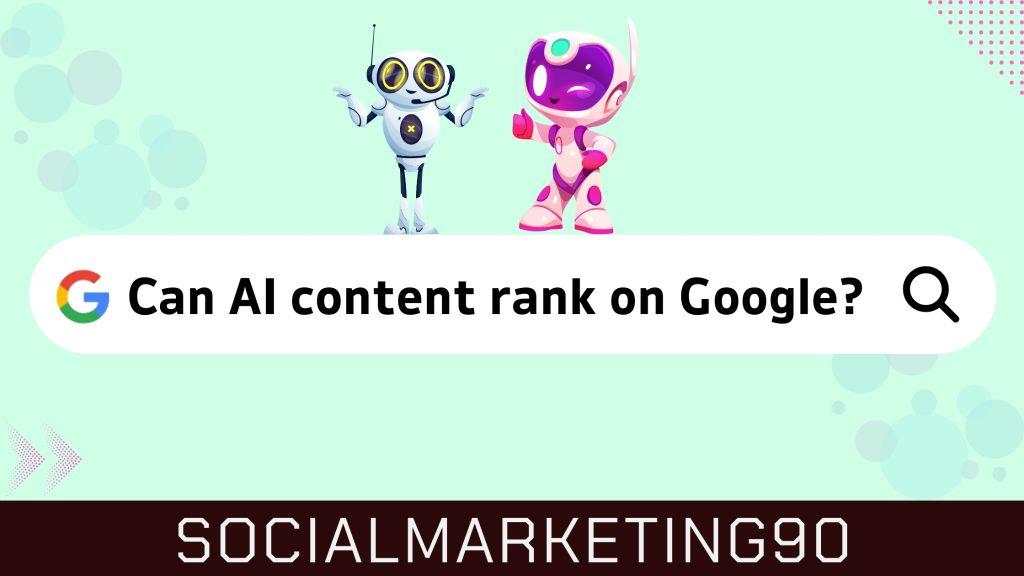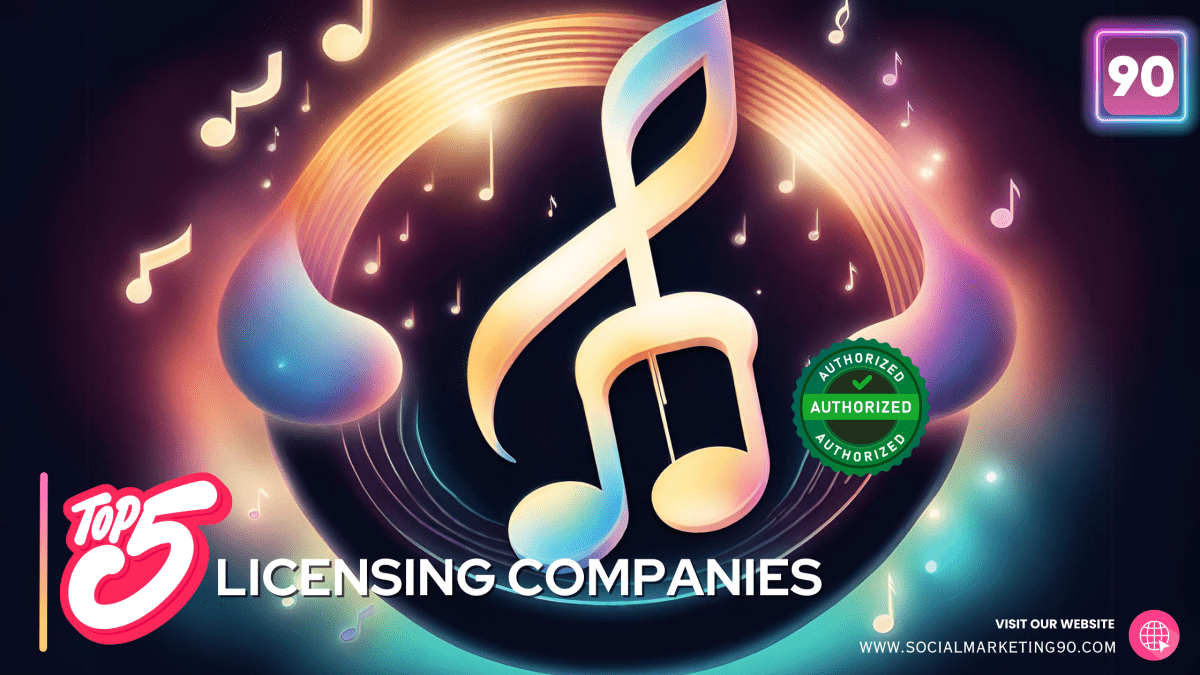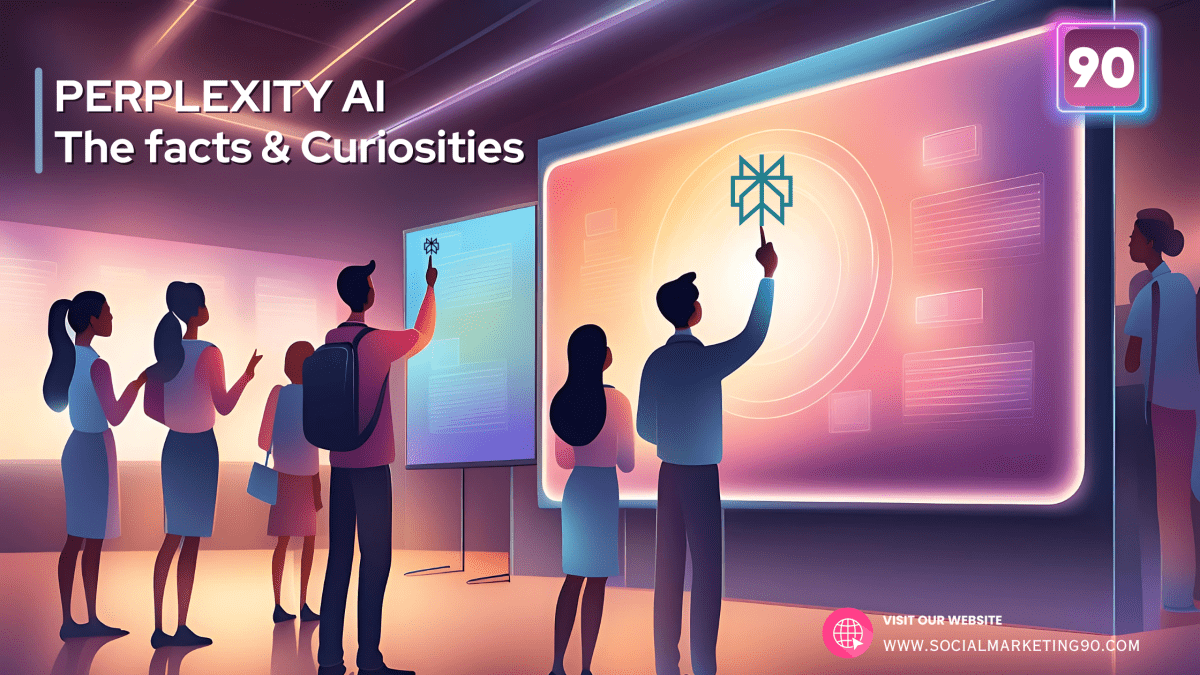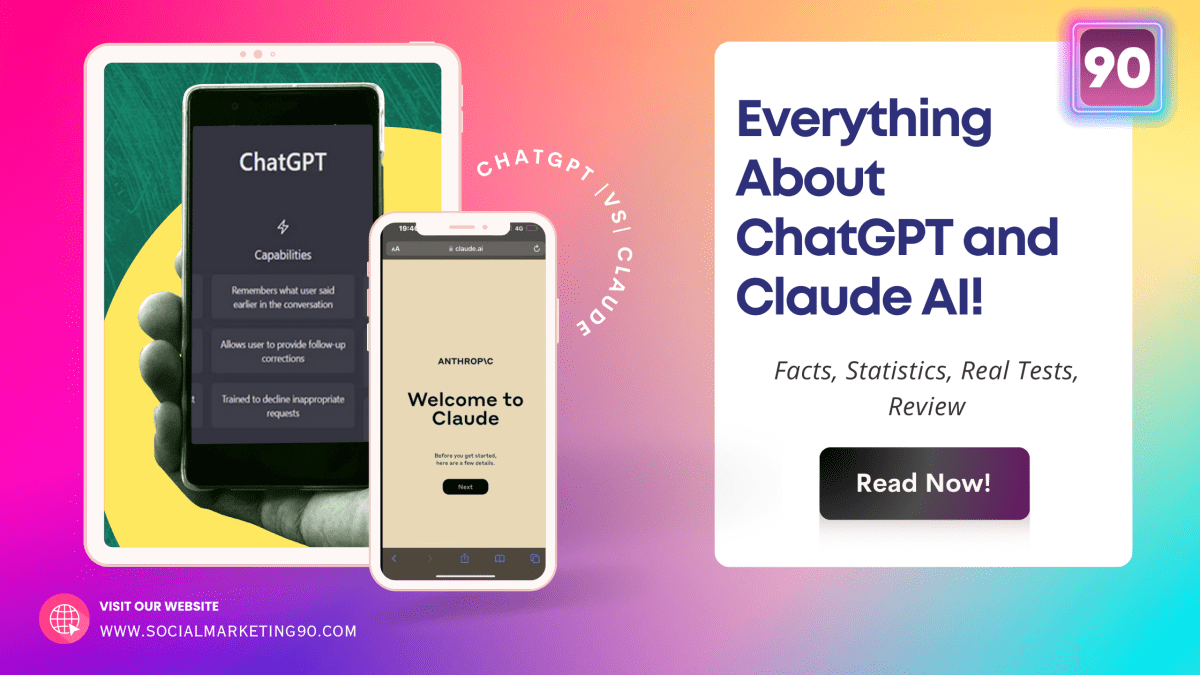Introduction
Okay, for a change, let’s start this blog with the answer: Yes. If you’re wondering whether AI content will rank on Google or not, this will clear all your queries with sufficient answers. There’s nothing more to explain here, as the answer has already been provided.
You might wonder, “Then what is there to read in this blog?” There is more you need to know before you use AI-generated content. Conditions, limitations, case studies, and other details about AI content and Google ranking are discussed in this blog.
So stay tuned until the end to understand AI content’s actual need and purpose. Let’s start!
The Rise of AI in Content Creation

When considering content creation, just a couple of years ago, everything was done manually, from blog posts to social media updates. Writing a blog post used to be a tedious task undertaken by writers. Creating a proper blog post for your work or company used to be quite challenging as a website owner. It was either time-consuming (writing yourself) or expensive (hiring a freelancer writer).
Also read… “AI vs Writing yourself vs Freelancer. What is best?”
This is where AI comes into play. If you look back decades, when anyone mentioned AI, the majority of people saw it as just robotics. However, there is more to AI than that, as proven by the increased usage of AI in various fields.
One of them, is content writing. After the rise to fame of OpenAI’s ChatGPT, many companies have started using AI to generate content for their websites, blog posts, social media captions, and more.
If you’re wondering whether AI will replace humans, we’re not sure! However, if you know how to access these AI tools, then you can step-up your game.
And, why not leveraging AI? Afterall, it is extremely fast and cheap compared to the traditional content writing methods.
But with pros, (possible) cons come. And one of them, is the ability of AI-generated content to actually rank on top of search engines like Google. So, it’s time to reveal everything which is known until now, whether AI content ranks on Google or not!
Understanding Google's Ranking Algorithm
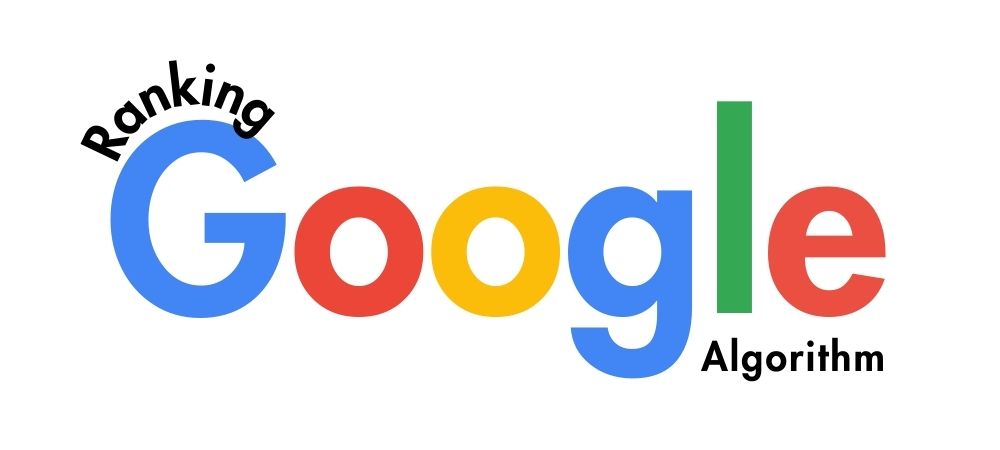
Google’s ranking algorithm is the process that Google uses to sort and display the most relevant and useful web pages for each search query. It is based on thousands of factors and signals that measure web page quality, authority, popularity, and usability. The algorithm is constantly evolving and adapting to provide the best possible user experience.
How Does Google Rank Content?

Google ranks content by using automated ranking systems that crawl, index, and analyze web pages and other content in its Search index. These systems use various algorithms, such as PageRank, to assign a score or rank to each web page based on how well it matches the search query and how important it is compared to other web pages. The higher the score or rank, the higher the position on the search results page.
Key Ranking Factors
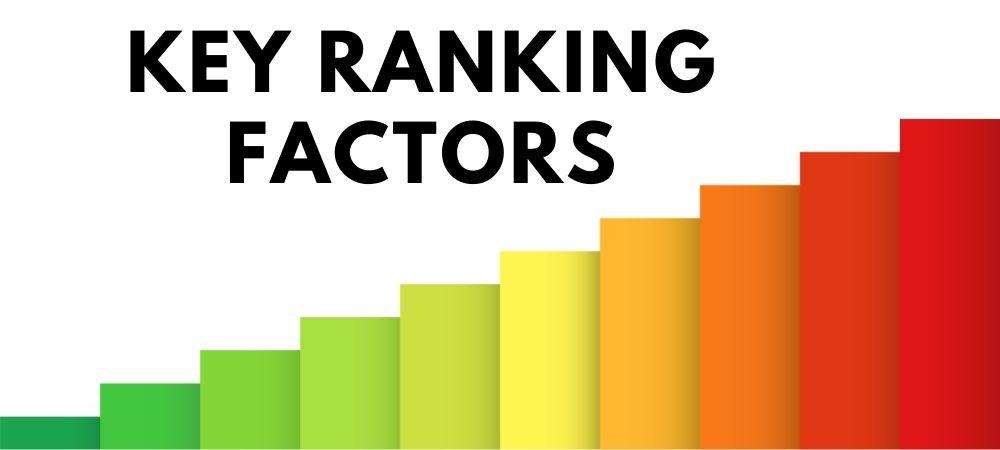
Some of the key ranking factors that Google considers are:
- Referring domains: The number and quality of other websites that link to a web page, indicating its credibility and relevance. (also known as backlinks)
- Organic click-through rate (CTR): The percentage of users who click on a web page from the search results, indicating its attractiveness and usefulness.
- Domain authority: The overall reputation and trustworthiness of a website based on its age, size, popularity, and quality.
- Mobile usability: The ease of use and accessibility of a web page on mobile devices, such as smartphones and tablets.
- Dwell time: The amount of time that users spend on a web page after clicking on it from the search results, indicating its engagement and satisfaction.
- Content quality: The relevance, originality, comprehensiveness, accuracy, and freshness of the content on a web page, as well as its readability, structure, formatting, and spelling.
- On-page SEO: The optimization of the technical aspects of a web page, such as title tags, meta descriptions, headings, keywords, images, URLs, and internal links.
In addition to these, several other factors are considered, just as page load time, relevancy to query, keyword density, and accessibility.
The Evolving Nature of Google's Algorithm
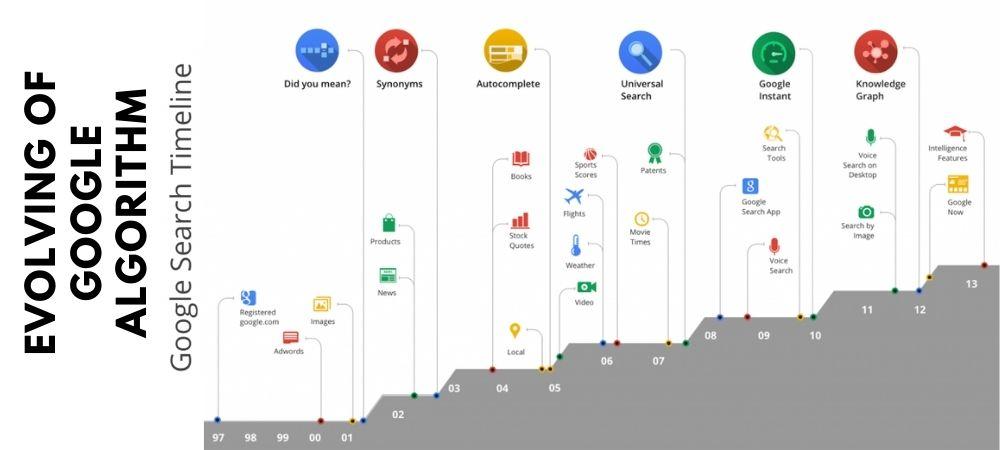
Google’s algorithm is not static or fixed. It is constantly changing and improving to reflect the latest trends, user behavior, and feedback. Google updates its algorithm frequently, sometimes several times a day.
Most updates are minor and subtle, while others are major and noticeable. For example:
- In 2021, Google introduced the Page Experience update, which added new factors such as loading speed, interactivity, visual stability, security, and intrusive ads to measure how user-friendly a web page is.
- In 2022, Google announced the Helpful Content update, which aimed to reward content that provides a satisfying user experience while reducing visibility for content that is written for the purpose of ranking in search engines to attract clicks.
- In 2023, Google released a statement regarding its approach to AI-generated content in search results. The company said that it prioritizes high-quality content regardless of whether humans or machines generate it. However, using automation or AI strictly to manipulate rankings in search results is considered a violation of Google’s spam policies.
To keep up with Google’s algorithm changes, webmasters and SEO professionals must regularly monitor their website performance – i.e. with Search console or SEO tools, follow Google’s guidelines and best practices, and implement changes accordingly.
Discussing AI in Content Creation

Before seeing some case study about AI content ranking on Google, and how to rank it properly, let’s rewind the tape back to AI content generation for one moment.
In simple words, AI content generation means creating relevant, unique content using AI tools such as Copymatic, ChatGPT, Marmof, Scalenut, and more, without manual work – except providing an input.
This content can take various forms, including text, images, voices, videos, and any other type of content. In this case, we are talking of written content such as articles, of course.
These AI generations happen by using NLP, which stands for Natural Language Processing. It’s akin to basic courses for all AI tools. Besides NLP, there are various other processes like machine learning.
These AI tools’ ultimate goal is to provide users with valuable, factual, informative, engaging, and fast content. This is the shared motto of all AI tool owners.
And as we all know, using AI writers or generators for the content creation process is currently a trending practice. This trend reduces time consumption and increases individual productivity.
However, what are the benefits and challenges associated with using AI-generated content? According to a recent Google update, AI-generated content can be used if it’s intended for users rather than search engines. But how can we ensure that it satisfies this criterion?
We will now see all of that: benefits, challenges, ranking impact and how to make AI content that ranks.
Benefits of Using AI in Content Creation

There are many nifty benefits out there, but here are our preferred and the ones we experienced the most, when using AI tools!
- Time Consumption – Manual writing and editing take more time. AI tools are time savers. If you can manually write or sketch for 8 hours, these tools can do it in minutes.
- Creativity Boost – Even if you’re a pro writer or designer, you may get stuck at some point, running out of ideas and creativity. But AI won’t. Since they process and learn from millions and trillions of datasets, they can generate and enhance creativity at a high level. That’s an extra 10 points.
- Enhanced Quality and Accuracy – When AI tools are used, the probability of errors is low, especially grammar errors. But also when it comes to content, since they have available almost all the data of any niche, the quality and accuracy will be high.
- SEO Optimization – If you’re a writer, you need to write content according to SEO standards to fulfill optimization manually. However, many AI writers can do it by default, optimizing the generated content according to SEO standards. Since the content generation uses the users’ inputted keywords, the output will be optimized with an ace level of readability, as well as keyword density.
Challenges and Concerns

Even though AI content has more benefits, here are the limitations and challenges will be!
- Accuracy & Plagiarism Concerns: AI sometimes generates content that can be misleading, biased, or simply copied from somewhere else. The probability of Plagiarism is higher, compared to a human. AI can produce an enhanced version of the already existing data, which may result in plagiarism issues.
- Oopsie Moments: Every now and then, AI makes mistakes and produces content that’s just plain wrong, weird, or entirely off the mark. AI can’t always be right, and there will not be 100% perfect and exact content it can produce; without proper proofreading, publishing an article or a blog will result in a negative impact.
- Messing with Our Flow: AI can shake up the way we writers and content creators do our thing. Even though AI tools are nifty and highly demandable, there are still some of users who prefer completely content done by humans rather than using AI. It’s because of the authenticity these users are looking for. However, ever since these AI tools came into play, the way we all work has changed a bit to stay in the game.
AI Generated Content and Google Ranking

So, we see everything about AI-generated content, its benefits, drawbacks. Let’s see its impact on SEO. As SEO is the heart of the search engine, will AI-generated content match or equalize the Google guidelines? Let’s find out!
Can AI Content Rank on Google?

And here is the big question! Aforesaid, Yes, it will; but only if it meets the Google guidelines and quality standards. Google has separate expectations for each form of content. For text, it will evaluate the originality, relevancy, readability, and the user’s satisfaction with the content.
If your generated content is informative, gives value to the users, and also keeps the users engaged, then your AI-generated content will surely rank.
But, how high it will rank, is also an important question. Can an AI-generated output rank in the, let’s say, top 3 results? Let’s find out.
Pro Tip: For ranking your AI content on Google, don’t publish directly into the medium of the platform; proofread the content and format it accordingly to the Google standard. As AI can generate Optimized SEO content, it’s still just a tool and proofreading and optimization are necessary to increase the chance of ranking the content.
So, proofreading AI content will not only make it more engaging and accurate but, likely, also increase its potential ranking.
Now, let’s have a look at some major case studies that shows the correlation between ranking on Google and AI-generated text.
Case study 1: Correlation between rankings and AI-content
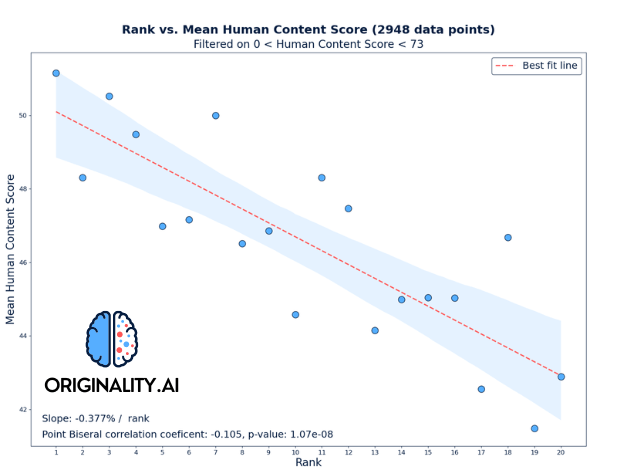
Originality.AI recently conducted a study that concluded websites with higher human content scores, typically achieve better Google Search rankings.
They reviewed the top 20 webpages for 1,000 popular keywords, to ascertain whether AI-generated content affected their ranking on Google.
Their scanning tool enabled them to identify whether any particular piece was likely produced by AI or by humans. The results?
It revealed that for each 1% higher score on Originality.AI test, resulted in an improvement of 2.65 positions on Google.
So, the higher the “human score”, the higher the ranking on Google.
Here are the key findings from this research study:
- Websites with higher human content scores typically rank better on Google Search results pages.
- A 1% higher Originality.AI human content score can translate to an increase of 2.65 positions on the SERPs, on average.
- This study indicates a marginal benefit in scores exceeding 75%; that is, correlations stop increasing after 75% is reached.
Note that correlation does not equate to causation. While AI-generated content may not inherently be punished by Google, poorly-written or low-quality writing that lacks originality and value may be penalized by the Google search Engine.
Our opinion: if you publish AI-generated content with no proofreading, we are not surprised that it will likely not rank the highest. As we have seen after reviewing tons of AI writing tools, an AI-generated article will likely not be 100% ready to be published on a high-end website.
So, we believe there is only a weak correlation between rankings and AI-content, and revising content to achieve higher human content scores can be an invaluable SEO strategy.
And while we do not put in doubt the accuracy of this test, it is also worth noting that it was performed by a tool which is an anti-AI detection tool.
Case study 2: Experiment of AI vs human websites
Reboot Online recently conducted a controlled experiment comparing the ranking performance of websites with AI-generated versus human-written content.
This testing took place over three months and examined any differences in rankings when all other factors were equal both on-site and off-site.
Here were its key findings:
- Under controlled conditions with no external factors influencing how website visitors perceived its quality, AI and human content would perform equally.
- To test this hypothesis, an experimental strategy included selecting a test keyword which did not return any search results on Google prior to beginning the experiment. This was done in order to avoid uncontrollable external ranking factors influencing results.
- Again, the results demonstrated no discernible ranking difference between AI-generated and human-written content when all other factors were held constant, both on and off-site.
- Additionally, this experiment demonstrated that using AI-generated content alone did not violate Google’s guidelines for webmasters, as all the content was getting indexed.
Reboot Online’s experiment offers invaluable insight into the use of AI-generated content for SEO purposes.
But while AI does not necessarily harm SEO efforts, how AI is utilized ultimately determines its effect. Therefore, companies should be careful when integrating powerful new AI technologies into their website strategies to ensure maximum results.
A quality AI writer – and we hope our reviews and lists help you find the best – as well as proofreading, are still highly recommended by us, regardless of this case study results.
Case study 3: Major website with AI-generated content
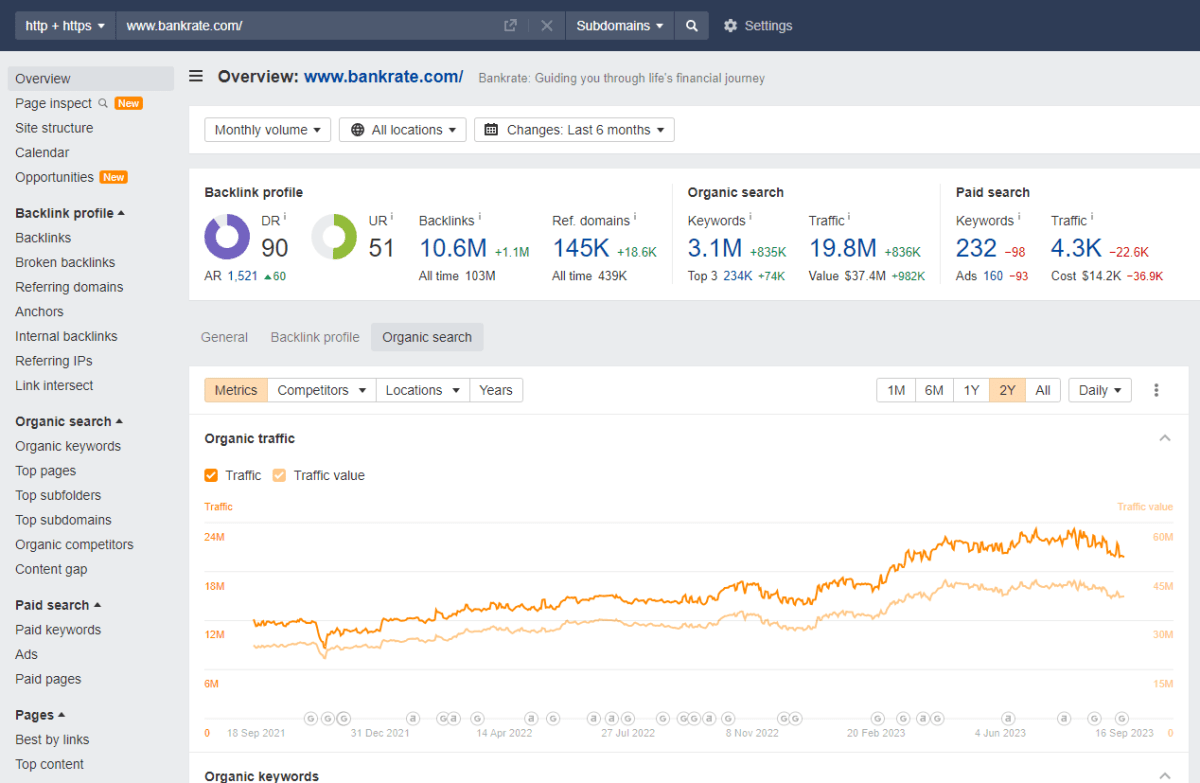
As part of our research, we used Ahrefs tool to assess the current scenario.
For our testing purposes, we selected Bankrate.com which serves as an expert guidance website for financial matters. And this website uses a lot of AI-generated content.
Despite the use of AI in the creation of many articles, this site’s organic Search has 3.1 million ranking keywords, with 19.8 million of traffic volume.
As shown by the screengrab above, organic website traffic has increased substantially over the last two years as well. Here are a few takeaways:
- The chart provides the answer to AI-generated content: despite its usage, the website’s organic traffic growth has steadily been increasing.
- AI-generated content can be an efficient way to generate large volumes of text, and in this website’s case traffic volume had a positive impact.
Our opinion: while this case study shows that even massive use of AI-generated content won’t harm a website, it is worth noting that this website comes with an incredibly powerful backlink profile, which may affect rankings.
To successfully rank on Google and drive organic traffic, websites featuring AI-generated content should focus on quality, relevancy, uniqueness, accuracy optimization and user experience… as well as work on off-page SEO to build backlinks and increase domain authority.
Google's Stance on AI-Generated Content

And what does Google officially say?
Google has a clear perspective on using AI-generated content, and it’s valid, too.
Users are not welcome to use any AI automation intended only for search engine ranking.
If it’s intended for the search engines, it will result in manipulating the ranking on search results, and it violates Google spam policies.
So, is all the AI-generated content to be penalized? Of course not! Google also uses AI-powered content to deliver search results, like Knowledge panels, Featured snippets, NLU, etc.
If your content has a piece of valid information that is factual and less robotic, it will rank for sure. What Google cares about, is content that satisfies the user intent that provides accurate information… regardless of how it was generated.
The importance of balance between AI and Human creativity
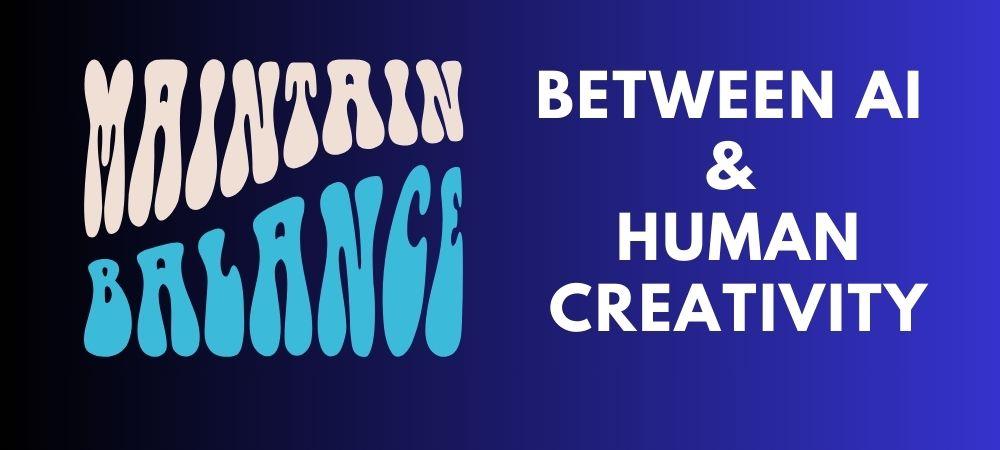
While AI can help content creators and marketers produce high-quality and personalized content faster and cheaper than humans, it cannot replace human creativity and judgment. At least, for now.
AI-generated content still needs human oversight and input to ensure its originality, accuracy, ethics, and value for users.
Therefore, writers, businesses and marketers should use AI as a tool to enhance their creativity and productivity, not as a substitute for their skills and expertise. They should also follow the best practices for using AI-generated content, such as
- Checking the sources and facts of the AI-generated content,
- Editing and proofreading the AI-generated content for errors and inconsistencies,
- Adding their own voice and style to the AI-generated content,
- Giving credit to the original authors or sources of the AI-generated content.
And when publishing on a blog, on-page SEO is also important. Therefore, publishers should also ensure that
- Relevant internal links are included,
- Images, illustrations and infographics are added to the text, when relevant,
- Headings and subheadings are present,
- Good formatting enriches user experience.
The Importance of using quality AI writers
And, of course, also the “raw material“, meaning the raw, AI-generated content needs to be of the highest quality, even to make proofreading easier and faster.
According to our personal testing and evaluation, here is the list of factors that will influence your choice for an efficient AI Content writer for your needs.
Consistent Quality: Quality is king and the most important factor. Quality AI writers consistently produce top-quality content, protecting the reputation of your brand. They also follow grammar and style rules, producing content that is error-free yet engaging for users. An example: Writesonic, providing quality content by using powerful algorithms.
Adaptability: AI writers possessing superior writing ability can handle various topics and writing styles, making them useful tools for many content needs, ranging from blog posts and articles to product descriptions and marketing collateral. An example: Copymatic, offering over 50 templates, including website generation and AI voices, while preserving quality.
Cost-Effective: Sure, over time, AI writers can be cost-effective as they eliminate the need to hire full-time writers for every project and can access However, also AI writers come with a cost. Pricing is a factor to consider, and some tools are much more costly than others, while not offering more benefits or better quality. An example: Wordplay, which comes with a lifetime deal.
SEO Capabilities: Some AI writers can use data and trends analysis to craft content that speaks to your target audience and improve SEO for greater online presence. They may include specific keywords or phrases which enhance SEO performance to bring better online visibility for your business. An example: Scalenut, which analyzes SERP and provides SEO-optimized articles.
Multilingual Capabilities: Some AI writers offer multilingual capabilities, allowing you to reach global audiences without needing translators. This is especially important if you need to generate content in a language which is not English. Some AI writers provide only English outputs, or just a few languages. An example: Copymatic, providing 25+ languages.
Content Personalization: Some AI tools can deliver content tailored to specific audiences by analyzing user behaviors and preferences, increasing engagement rates and conversion rates. An example: Writesonic, via Brand voice.
Updated information: Quality AI writers are using fresh information from the internet to write your content and make sure it is relevant to the latest news and trends. An example: Katteb, a fact-checked AI writer that scrapes the internet to retrieve fresh data.
Reduced Plagiarism Risk: The best AI writers create original content, decreasing the risk of plagiarism and potential legal issues associated with copied material. An example: Writesonic, which also offers a plagiarism-check of freshly generated content.
Quality vs. Quantity: The Content Dilemma

AI can generate the content faster than humans. However, if you ask if it’s truly authentic and quality one, it’s a difficult question!
AI can generate even 5000 words of an article in under one minute. However, the piece of content will likely have less creativity and be repetitive, generic, and inaccurate information, compared to a human writer.
One of the reasons for inaccurate information is that data is evolving daily, while AI doesn’t. For instance, ChatGPT, which is behind the technology stack of pretty much any AI writer, has internet data updated up to 2021, for the most part.
Google ranks the content only if it meets the quality it sets for, and the information is accurate and relevant.
Future Trends and Predictions

Let’s see what we can expect that both Google and AI can do in the next years, and as a result, how AI-generated content, in the future, will rank on Google.
Google's Response to AI Advancements
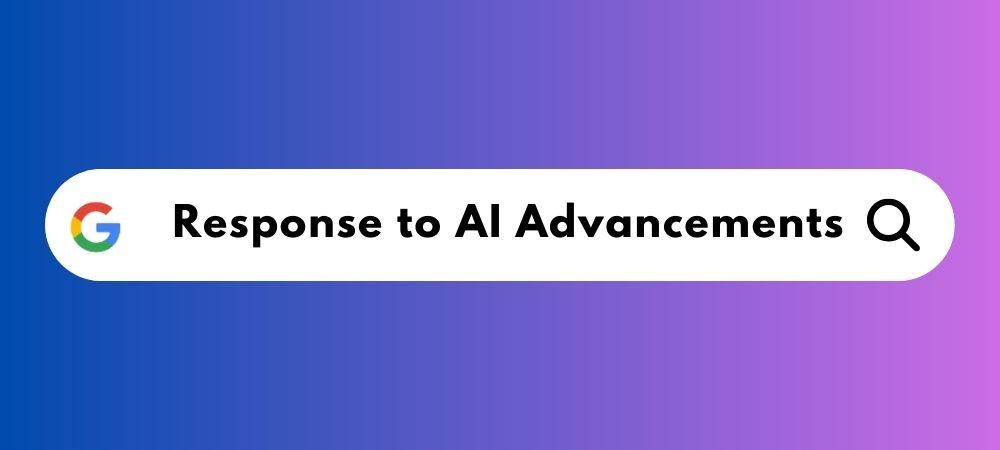
Google’s response to AI advancements is based on only two key factors – Quality and User Satisfaction. The only motto of Google is the content provided by a publisher to be accurate, helpful to the users, original, and engaging.
So, we believe that Google’s response will be related to the improvements of AI, and as AI is expected to improve day by day, it is possible that AI-generated content will have the ability to tank higher and higher over the years.
AI further improvements
So, how will AI improve? There is no doubt that it will, as it keeps progressing day by day. But here are a few improvements that could be implemented to further advance AI writers:
Contextual Understanding: Expand AI’s ability to understand context more profoundly, such such as sarcasm or cultural references, to produce content more closely tailored to a specific context.
Multi-Modal Integration: Expand AI’s ability to work with various forms of information such as text, images and audio for creating more comprehensive and enriched content.
Customization Options: Give users greater control of AI-generated content by giving them options to select tone, style, and other parameters that better meet their preferences. This is already possible, but currently, the generated tones still come under a generic sub-category.
Real-Time Fact-Checking: Implement real-time fact-checking mechanisms to prevent the dissemination of false or misleading information.
Language Expansion: Extend AI’s abilities in order to facilitate content production across more languages and ensure global accessibility. While AI generation is still possible in many languages, it is clear that the best output quality comes in english, while other languages, especially less popular, are far behind in terms of output quality.
Emotion and Tone Recognition: Extend AI’s capabilities of recognising emotional context to create more engaging writing that engages readers more empathetically and sympathetically.
Real-Time Updates: Harness AI’s power to create content which reflects current events and can adapt quickly as they transpire. This would result in a content with more accurate, fresh and relevant information.
These enhancements would not only increase AI writers’ capabilities, but they would also make them rank higher on Google.
The Future of AI-Generated Content on Google

AI-generated content is not a passing trend but a reality that is here to stay. As AI technology improves and becomes more accessible, more content creators and marketers will use it to create and distribute content on various platforms, including Google.
Google will continue to adapt to the changing landscape of content creation and consumption and will update its algorithms and policies accordingly. Google will also keep its focus on providing the best possible user experience and will reward content that is helpful, accurate, original, and engaging for users.
Therefore, content creators and marketers who want to succeed with AI-generated content on Google should always keep the user in mind and strive to create content that is relevant, valuable, and trustworthy for them, and therefore, proofread each piece of content and make it better with some human touch.
However, as AI will only improve, there is no doubt that the output quality will get better and better, and AI content will be able to rank higher and higher… even when published “as it is”, with no proofreading or human editing.
And as AI-generated content become more and more popular, we can also expect that, in the future, most of the content available on the web will be either partially or fully generated by AI. Is that a good or bad thing? You tell us what you think 🙂
Key Takeaways & Wrap-up

In this article, we have explored the question: Can AI content rank on Google? Based on the facts, we have learned that
- AI-generated content can rank on Google as long as it meets Google’s quality standards and guidelines.
- Google does not discriminate between AI-generated content and human-written content; their main purpose is to serve users with the best, most relevant results.
- While different case studies offer slightly different results, we can say that, based on them, using AI makes little to no difference on Google ranking.
- At the same time, proofreading and editing AI-generated content can only improve its quality and accuracy, which leads to better ranking and user engagement.
- Ranking on Google is determined by many factors that may determine the visibility and performance of a specific piece of AI-generated content. These include factors such as relevance, keyword density, backlinks, and domain authority.
- In the future, as AI will just get better and better, we can expect AI-generated content to rank even better on Google.
- If you are planning to use AI-generated content, the choice of a powerful AI writer will make a positive impact when it comes to ranking.

So that’s the wrap; as mentioned in the introduction part, it’s YES for your question if your content is real, authentic, user engaged, and follows the Google guidelines.
If you follow all these mentioned guidelines, then you don’t have to be worried about getting penalties from search engines. And of course, also the AI tool used to generate content will play its part. The higher the quality of the content, the higher the rankings – and the less the work required to proofread and improve the text.
Here you find our updated list of the best AI writers, based on our testing as well as factors such a pricing, features and content accuracy.
That’s the wrap-up, friends; stay tuned for the next exciting blog post; until that, stay tuned 🫡 and peace out ✌️

